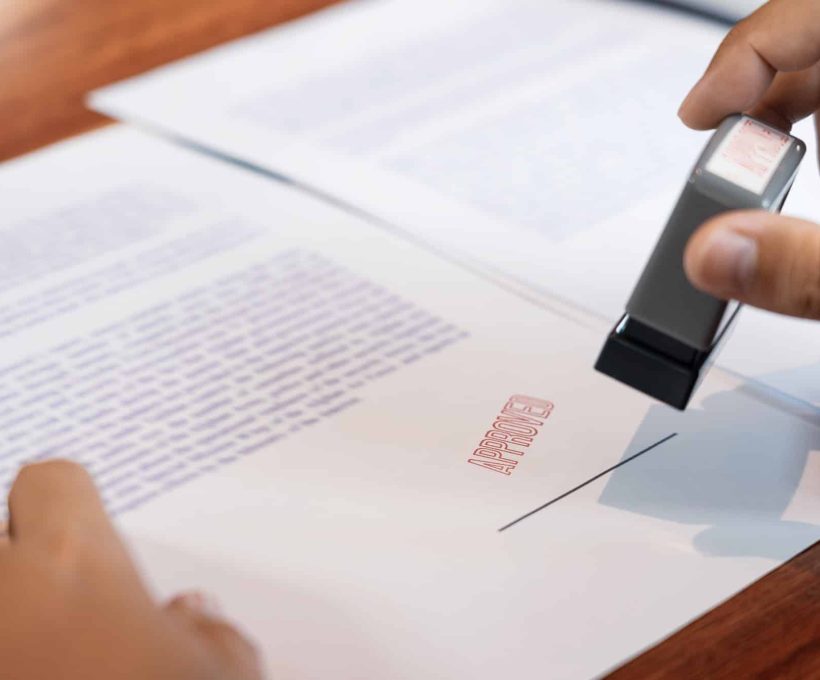Delaware
Do you need to legalize or apostille a document in the state of Delaware? Forget the complications and leave the work to us.
Request your quote now
At Apostille Int., we apostille your documents for use in international procedures through a fast and efficient service.

The state of Delaware along with its capital Dover and most populous city, Wilmington, is located in the Midwest region of the country and requests monthly more than 6 document templates.
Here you will find what type of documents you can apostille in the state of Delaware and the requirements for both original documents and scanned copies of them.
What are the requirements for apostilling a document in Delaware?
Request your quote through the form.
Provide us with the necessary information for your process.
Receive your document in the shortest possible time!
Original Document
You will need to make sure of the following:
- You have an original document or duplicate issued by the State
- Appropriate signature is provided
- Original document was recently issued
- The apostille of the original takes anywhere from 4-10 business days.
The Delaware Secretary of State apostilles public and private documents if the following applies:
- Vital Records, such as birth, marriage or death certificates, are certified by Vital Records from the State of Delaware
- A valid signature is provided from a current State Registrar
- Karyl Thomas Rattay’s signature is acceptable
Please note:
- If a Delaware Certificate of “Good Standing” is provided for a document, said document is acceptable for an apostille
- For more information on how to order a copy of an original document online, in person or by mail, visit their website at: https://delaware.gov/topics/certificates
- If you want to order online you can also visit: www.vitalchek.com
Scanned Photocopy of Original Document
You will need to make sure of the following:
- Appropriate signature is NOT provided
- Original document is damaged
- Original document was issued over 10 years ago
- Destination country ACCEPTS apostilles of the scanned photocopy of the original document; most countries do accept an apostille of the scanned photocopy.
- You need the apostille within 24 hours.
Please note:
- Because the notary and the apostille are required to be issued from the same state, the scanned photocopy of the original document that you provide will be notarized and apostilled in New York City.
- For more information on how to order a copy of an original document online, in person or by mail, visit their website at: https://delaware.gov/topics/certificates



